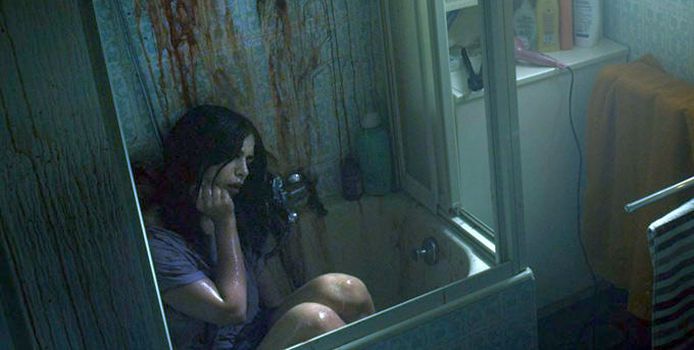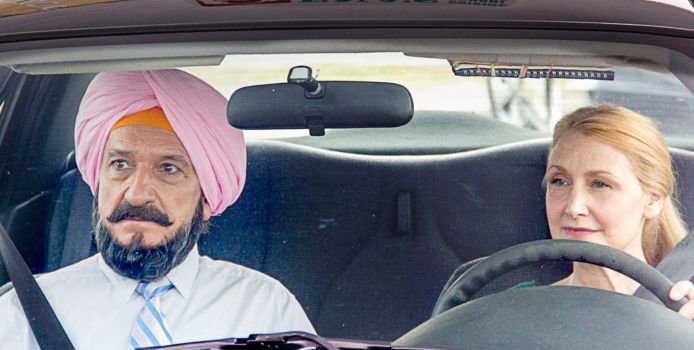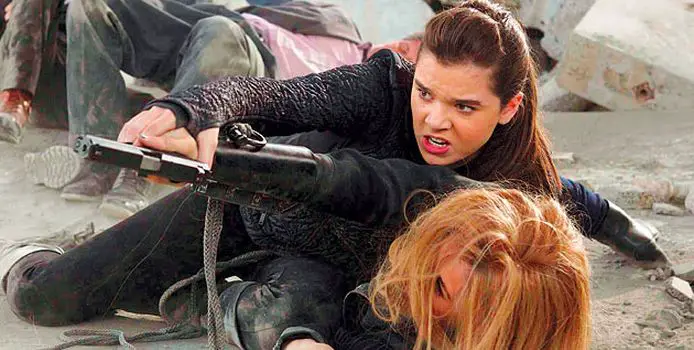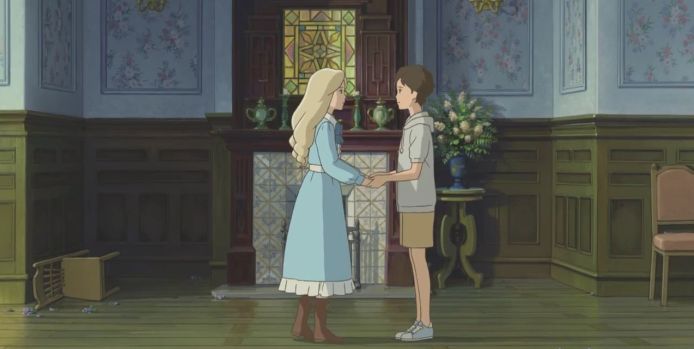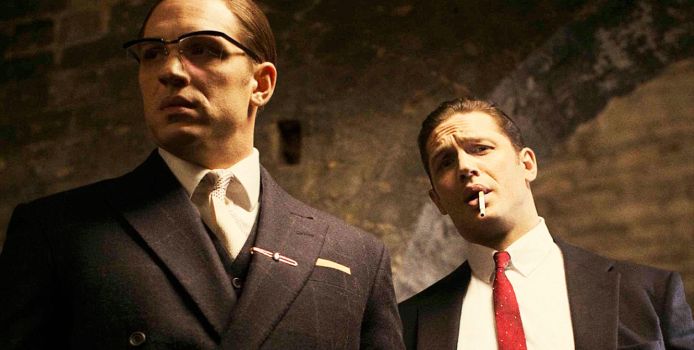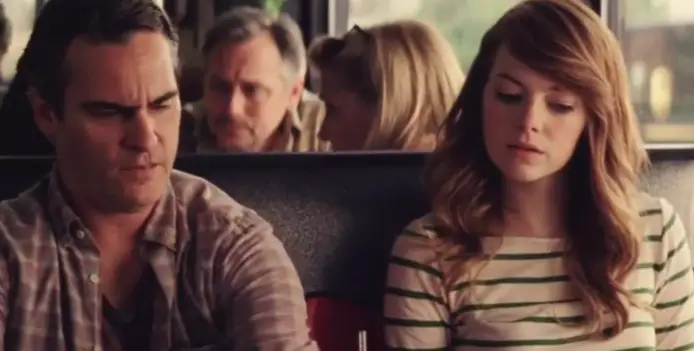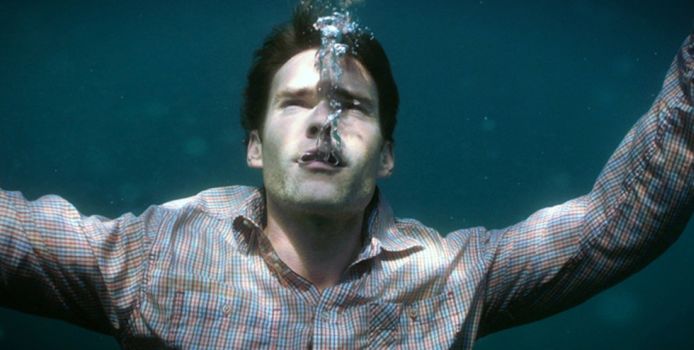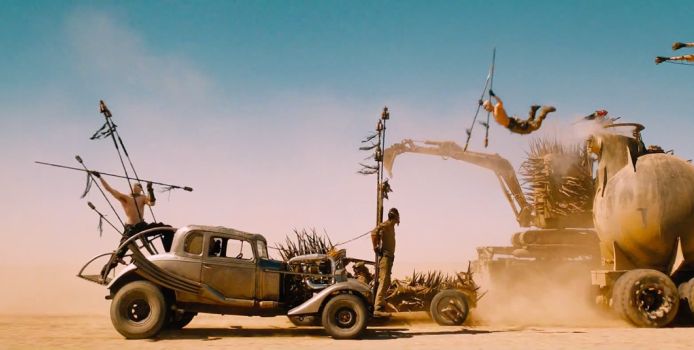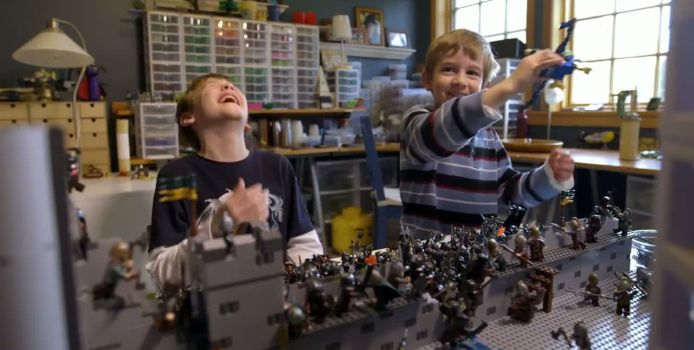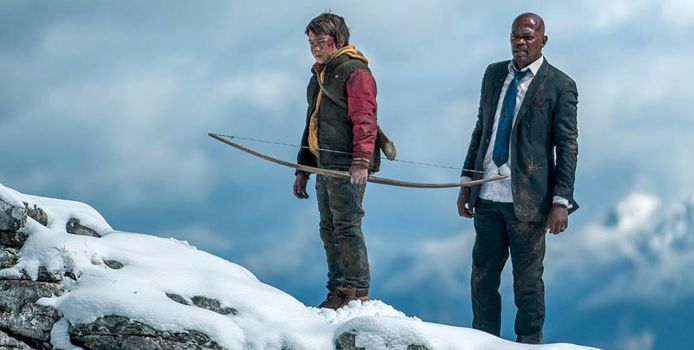
To the eyes of international audiences, Nordic countries are stereotypically relied upon to produce gruelling, depressing thrillers, movies in the vein of Sweden’s The Girl with the Dragon Tattoo and TV shows in the vein of Denmark’s The Killing. One country that seems exempt from the current cultural fascination with “Nordic Noir” is Finlan. Whereas other (mostly Scandinavian) countries in Northern Europe are importing their grim and gripping thrillers worldwide, Finnish cinema seems to be playing to a different trend entirely from their neighbouring cousins.
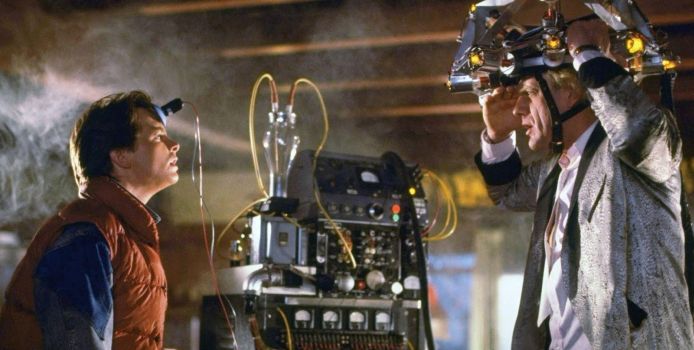
In some ways, the cinema is the closest thing we can experience to travelling through time – certainly the closest of any art form. In the dark room of a movie theatre, an audience can be transported to the distant past or spectacular visions of the future, and even in watching films from the 30’s and 40’s we can look at the lives and faces of people who died many years ago. Time travel became popular as a literary device with HG Well’s The Time Machine – published in 1895, the same year that the Lumière Brothers made Arrival of a Train at La Ciotat.
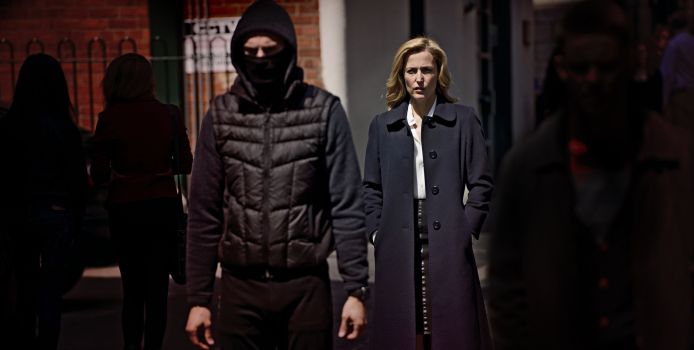
I was watching the North Irish TV show The Fall a while ago and it struck me how handsome Jamie Dornan is, and how fascinating it is that the creators of the show cast him for the role of the sexual predator and serial killer, the villain of the story. In typical crime films and TV, the average sexual predator is portrayed to be a pretty average if not ugly guy, around or older than 40, and if he’s fat, he preferably has a constant sheen of sweat over his forehead. Someone who kind of grosses you out.
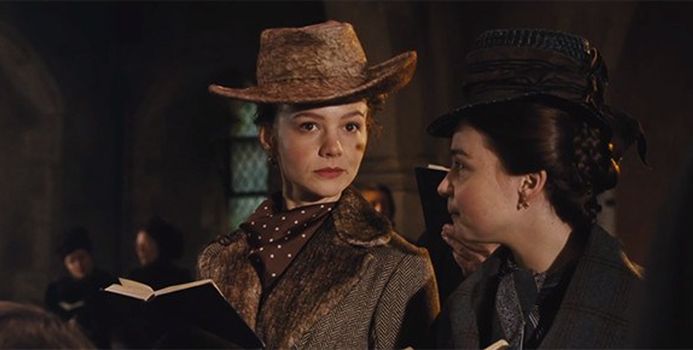
Every now and again, a movie adaptation of a novel is made by the perfect directorial fit for the source material, that helps it stay true to the original text and create a new visionary approach that helps it stand on its own two feet as a distinctive work of art. Danish director Thomas Vinterberg has had an eclectic career, yet is mainly renowned for his two emotionally fraught dramas about the devastating effects of child abuse, his 1998 debut Festen (The Celebration) and his previous feature, 2012’s magnificent The Hunt. These movies are excellent in how they don’t spare the viewer from the histrionic emotions that engulf the characters and completely ruin their lives – The Hunt, starring the always-fantastic Mads Mikkelsen as a primary school teacher wrongly accused of abusing a pupil, could easily draw comparisons with Thomas Hardy.
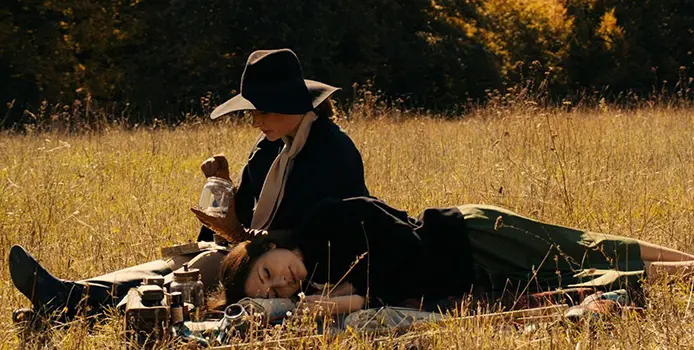
The Duke of Burgundy is that rare thing that almost every movie promises, yet fails to deliver: it is something that you’ve never seen before. It manages to say something universal about the politics and gender roles of relationships using the guise of lesbian sadomasochism, a subject I assume will be entirely alien to most viewers.


